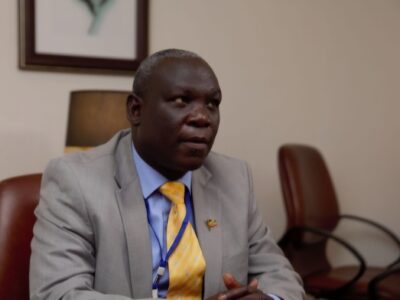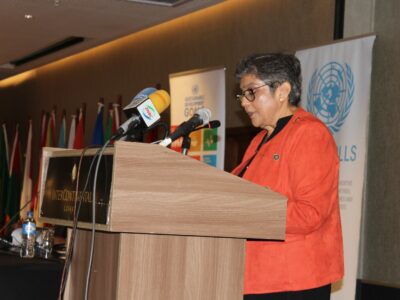A coalition of civil society organizations (CSOs) has strongly opposed key provisions in the Cyber Security Bill 2024 and the Cyber Crimes Bill 2024, arguing that the two proposed laws threaten transparency, accountability, and fundamental human rights.
The Zambian government introduced the Bills to replace the Cyber Security and Cyber Crimes Act of 2021, aiming to enhance cybersecurity and address emerging digital threats.
However, the CSOs have raised concerns over vague provisions, excessive surveillance powers, and insufficient safeguards for human rights, particularly regarding press freedom, privacy, and freedom of expression.
Speaking at a media briefing in Lusaka on Friday at Asmara Hotel, MISA Zambia Chapter Chairperson, Austin Kayanda, said the Bills were regressive and should be withdrawn due to a lack of meaningful consultation.
He expressed disappointment that many of the CSO’s key recommendations to strengthen human rights protections in the Cyber Bills were not adopted.
He noted that while some engagement with the government led to minor adjustments, the Bills still lacked critical safeguards to prevent abuse and government overreach.
Kayanda emphasized that the Zambia Cyber Security Agency should function independently, with parliamentary supervision and judicial review of its decisions.
He stressed the need for judicial authorization for all interceptions, limiting surveillance to verified threats.
Kayanda also called for clear definitions of cyber offenses to ensure that only acts with intent to harm are criminalized.
Furthermore, he urged the government to include exemptions for good-faith security research and whistleblowing in the public interest while ensuring protections for digital activism and protests.
He further cautioned against the broad definition of “critical information,” warning that it could lead to unwarranted government access to personal data.
Kayanda maintained that the Bills, in their current form, pose risks to press freedom and democratic participation by giving authorities broad and unchecked surveillance powers.
As the Bills move through the legislative process, Kayanda urged Members of Parliament to prioritize constitutional rights and democratic principles over partisan interests.
Read More: Cybersecurity threats spark concern as insurers gather to strengthen sector resilience
He stressed that the proposed laws should reflect Zambia’s values of social justice, fairness, accountability, and respect for fundamental rights.
Kayanda called on all stakeholders, including the public, to actively engage in this legislative process to ensure that the final legislation aligns with democratic principles and human rights protections.
The CSOs opposing the Bills included MISA Zambia, BBC Media Action, the Law Association of Zambia (LAZ), Chapter One Foundation, Bloggers of Zambia, and the Non-Governmental Gender Organisations Coordinating Council (NGOCC).
Their stance may signal growing resistance to the proposed cyber laws, with calls for the government to adopt a more inclusive approach that safeguards both national security and individual freedoms.
WARNING! All rights reserved. This material, and other digital content on this website, may not be reproduced, published, broadcast, rewritten or redistributed in whole or in part without prior express permission from ZAMBIA MONITOR.












Comments